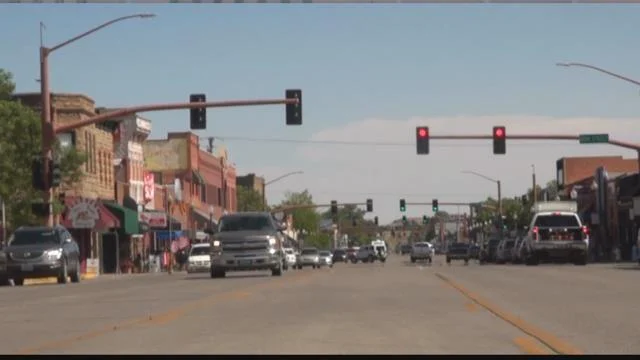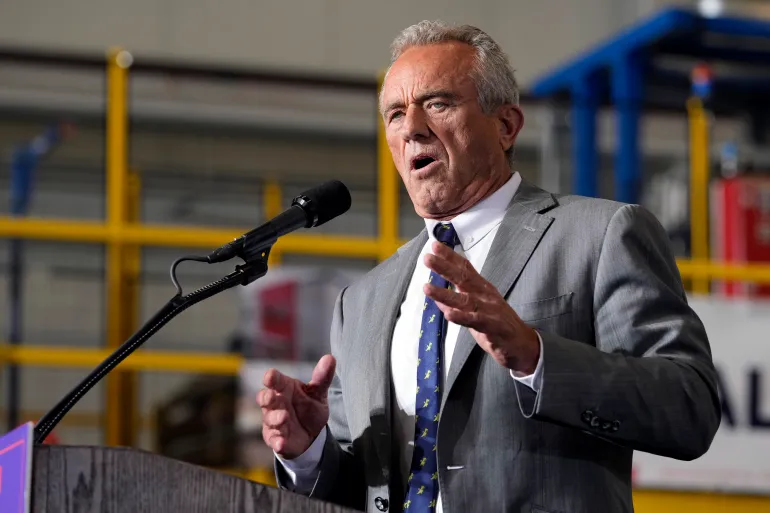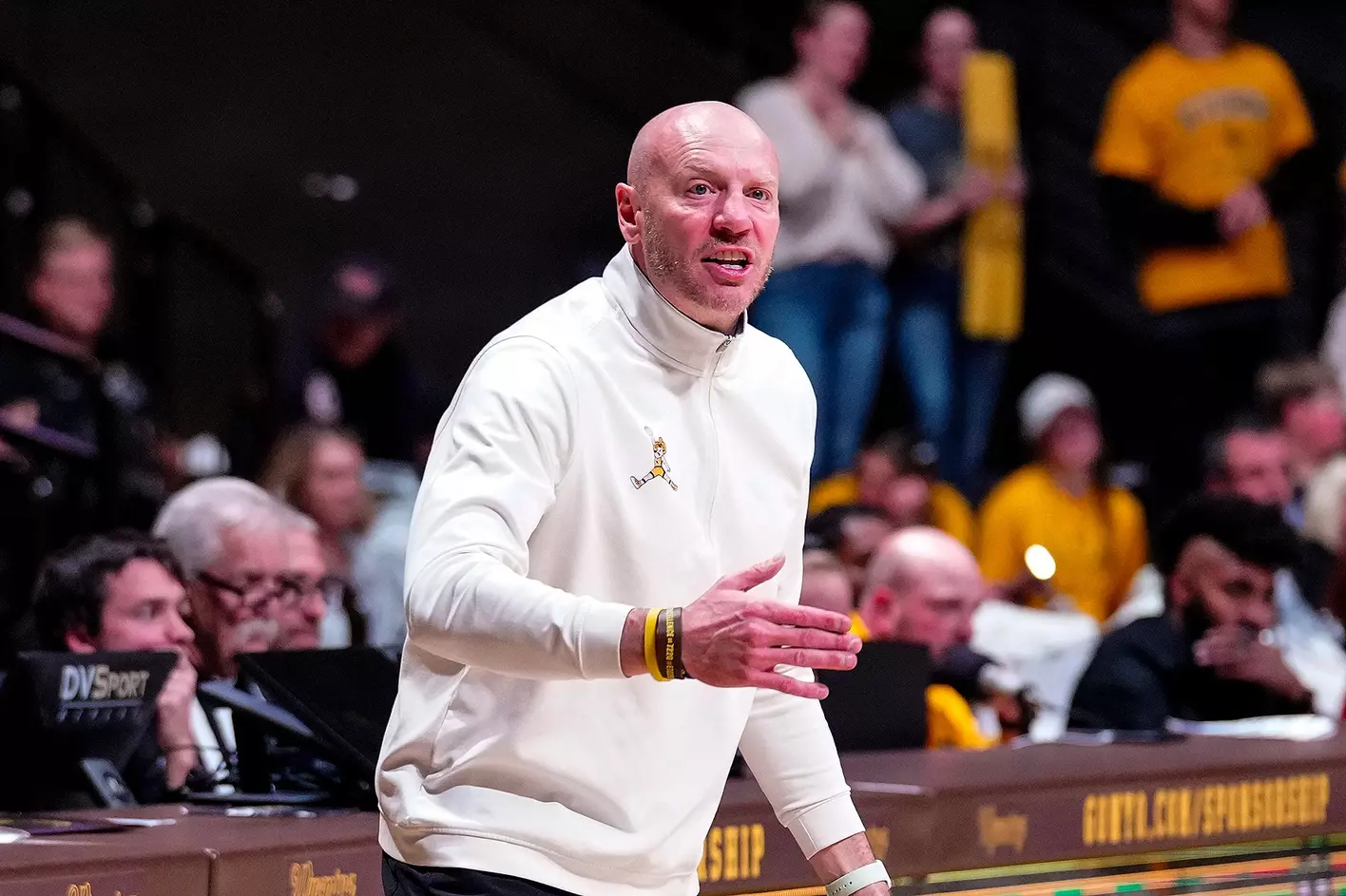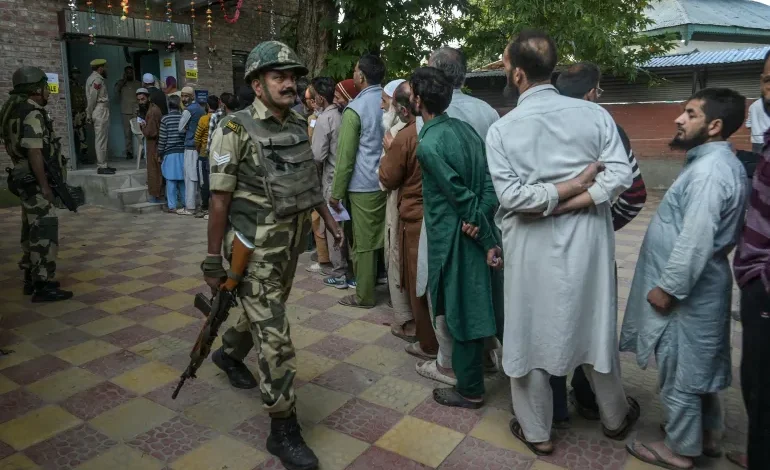Voters in Indian-administered Kashmir cast their ballots on Wednesday in the first regional elections since the territory’s special status was revoked in 2019, Al Jazeera reports.
The elections, which are being held in three phases, will see nine million registered voters choose members of the 90-seat legislature.
The election is seen as a major event in the disputed territory, with Kashmiri political analyst Sheikh Showkat Hussain calling it a “referendum” on the revocation of the region’s special status.
The move, upheld by the Supreme Court last year, sparked widespread anger and fear among Kashmiris, who feared it was an attempt by the Hindu nationalist government of Prime Minister Narendra Modi to change the region’s demographics.
Modi’s Bharatiya Janata Party (BJP) has defended the move, claiming it restored normalcy and helped the region’s development. He has urged Kashmiris to vote “in large numbers” to “strengthen the festival of democracy.”
Despite past threats from pro-independence armed groups, voter turnout in Kashmir’s national elections in April and May was the highest in 35 years, reaching 58.46 percent. However, the regional election faces challenges, including the imprisonment of many young Kashmiris in distant Indian jails, rising drug abuse, and an unemployment rate of 18.3 percent, more than double the national average.
The election is being contested by regional parties who are promising to restore the region’s special status, as well as India’s main opposition Congress party, which has allied with a prominent regional group. The BJP is focusing on its development agenda and a permanent end to “militancy.”
While the legislative assembly will have powers to debate local issues, make laws, and approve decisions for governing the territory, it will not be able to restore the region’s special status, which remains the remit of the federal government.
The results of the election are expected to be announced on October 8.









